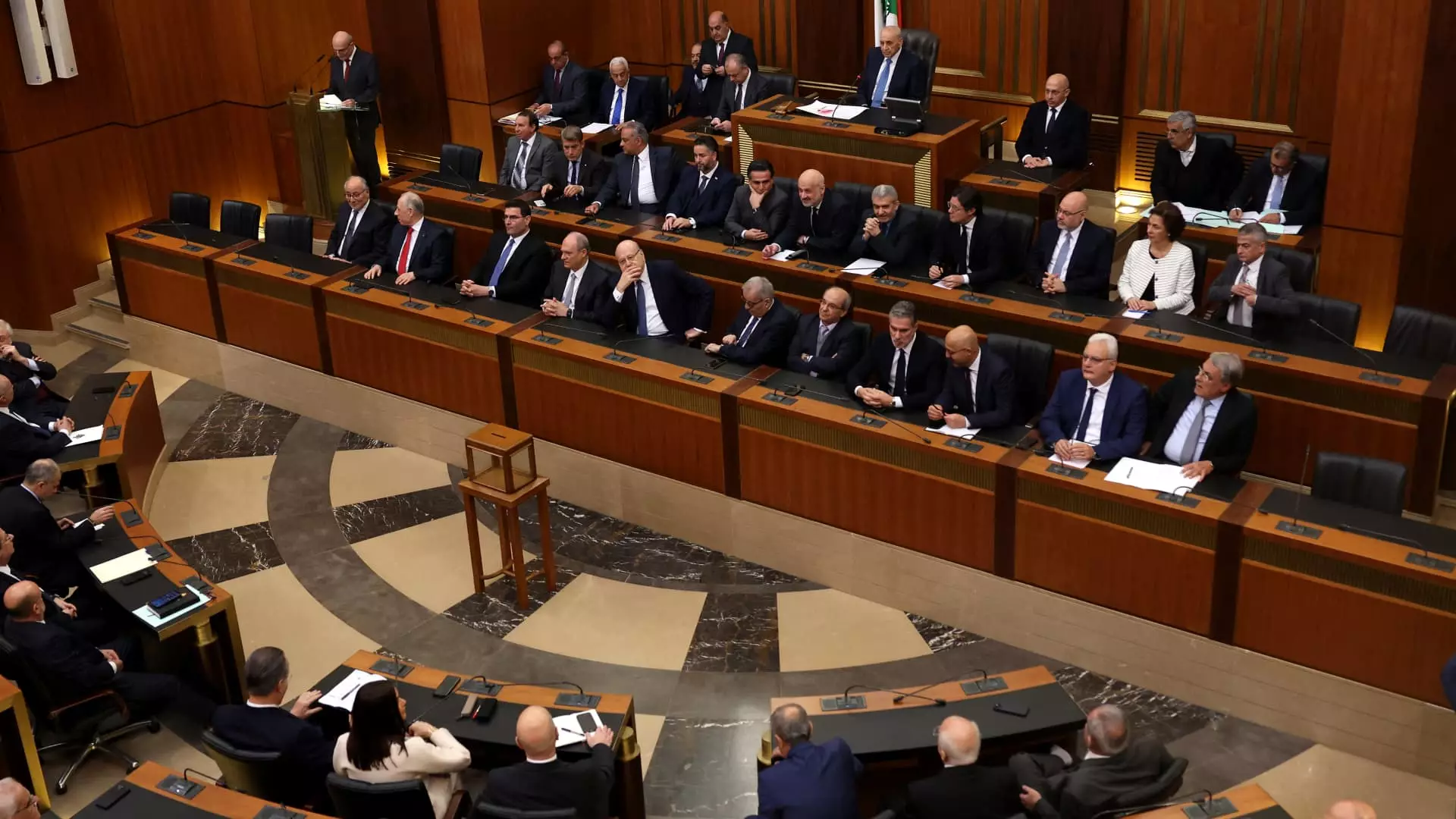In a significant development for Lebanon, the parliament has elected Joseph Aoun, the army chief, as the new president, ending a prolonged vacancy that persisted since Michel Aoun’s term concluded in October 2022. This appointment marks a crucial shift in power dynamics within Lebanon, reflecting a broader regional realignment that has seen shifting allegiances and crumbling power structures. The nation has faced numerous challenges, including political discord and an economic meltdown, exacerbated by the fallout from a catastrophic war with Israel. The election of Joseph Aoun, backed by the United States and exhibiting diminishing influence from Iran-backed Hezbollah, symbolizes hope amid adversities but raises questions about the future of political consensus in Lebanon.
Joseph Aoun’s election is emblematic of the complexity of Lebanon’s sectarian political system, where the presidency is reserved for a Maronite Christian. The parliament, divided into 128 seats, was previously unable to agree on a candidate, largely due to the entrenched partisanship among factions. The initial voting round saw Aoun falling short, yet in a surprising turn, he garnered sufficient support in the second round, with crucial backing from Hezbollah and the Amal Movement. This raised eyebrows, signaling potential fractures within Hezbollah’s hegemony over Shiite politics and suggesting a possible reconfiguration of political alliances. The previous preferred candidate of Hezbollah, Suleiman Frangieh,’s withdrawal to support Aoun illustrates a strategic retreat in the face of shifting public and international sentiment.
What stands out in this political reshuffling is the increasing role of international influences, notably from Saudi Arabia and the United States. In a climate where Iran’s voice appeared less dominant following the political turmoil in Syria and the outcomes of the Israel-Hezbollah war, the international community, particularly seen in the diplomatic efforts of French and Saudi envoys, seems eager to re-engage with Lebanon. The announcement that the prospect of international financial assistance is contingent upon Aoun’s election is a critical revelation. The looming hope of rebuilding an economy crippled by the 2019 financial collapse, estimated to have incurred losses of $8.5 billion, hinges on the establishment of a functional government led by a president able to foster consensus.
While Joseph Aoun’s election is a beacon of potential change, it does not come without challenges. The newly elected president is now tasked with convening parliamentary consultations to appoint a new Sunni Muslim prime minister, initiating a process frequently mired in protracted negotiations over ministerial positions. Historically, Lebanon’s governance has suffered due to this fragmentation, making effective decision-making a formidable task. Furthermore, Aoun’s role in maintaining the ceasefire established by Washington and Paris underscores the delicate balance of power involving Hezbollah and Israel. Successfully navigating this landscape will be crucial for Aoun if he aims to foster stability and foster international confidence.
Joseph Aoun’s presidency emerges at a critical juncture for Lebanon—a nation rich in diversity but hindered by sectarian divides and economic despair. The international community’s willingness to support a rehabilitated Lebanon rests heavily upon his capacity to govern inclusively and effectively. The appointment symbolizes a break from previous stalemates and signals a potential path toward revitalizing an often-fractured political system. Yet, the road remains fraught with complexities, and the true test will be Aoun’s ability to unify various factions and usher in a new era of governance, stability, and economic recovery for a nation yearning for progress amidst persistent challenges.


Leave a Reply